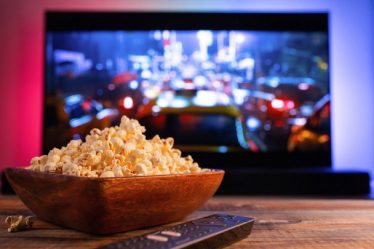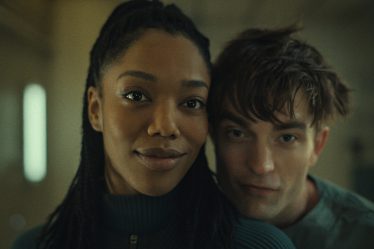
Introduction
Have you ever finished a movie and felt like it just got you? Like somehow, between the drama, laughter, and soundtrack, it reached into your soul and made you feel seen?
Movies aren’t just entertainment—they’re emotional mirrors, cultural storytellers, and sometimes even life coaches in disguise. Whether you’re watching a romantic comedy that reminds you of your first love, or a coming-of-age drama that helps you make peace with your past, movies can leave a lasting imprint on how we understand ourselves and relate to others.
Let’s dive into how films do more than fill our evenings—they fuel connection, self-reflection, and emotional growth.
Movies as Mirrors: Finding Ourselves on the Screen
Some films have a magical way of reflecting our emotions and experiences, often when we least expect it. That moment when a character finally speaks up, breaks down, or walks away—it resonates because we’ve been there, too.
These emotional parallels help us:
-
Validate our feelings: We realize we’re not alone in our struggles or dreams.
-
Feel understood: Even fictional characters can make us feel seen.
-
Inspire change: A powerful story can give us the courage to make real-life decisions.
It’s no surprise that therapists sometimes use “cinema therapy” to help clients access buried emotions.
Romance on the Big Screen: Expectations vs. Inspiration
Romantic films have long shaped how we view love. While some movies promote unrealistic expectations (cue the airport chase scene), others offer authentic portrayals of intimacy, heartbreak, and growth.
Great romantic movies:
-
Spark conversations about what we want and don’t want in relationships.
-
Highlight the beauty of vulnerability and communication.
-
Remind us that love isn’t always about perfection—it’s about effort and honesty.
Tip: Watching a romance with your partner? Use it as a springboard for deeper conversation—what parts did you relate to? What would you do differently?
Family Films: More Than Just Cartoons
Animated or not, family movies often carry emotional depth that speaks to both kids and adults. Think of Encanto, Inside Out, or Coco—each unpacks complex themes like generational trauma, self-worth, and grief.
These films:
-
Create shared emotional language between parents and children.
-
Open doors to important conversations (“Why was the grandma so strict?” “Have you ever felt invisible too?”).
-
Remind us of the strength and messiness of family bonds.
Watching Together, Feeling Together
In a time where screens often isolate us, movies offer a unique opportunity to connect—especially when watched together. Whether it’s a movie night with friends, a Sunday cuddle session with your kids, or a quiet romantic evening, watching films side-by-side creates shared memories and emotions.
Here’s how to deepen that experience:
-
Let everyone take turns choosing the movie.
-
Talk about how it made you feel afterward.
-
Pay attention to what each person gravitates toward—genres say a lot about emotional needs.
Films That Heal: Grief, Growth, and Letting Go
Some movies act like emotional bandages. When we’re grieving, lost, or in transition, a well-timed film can help us process pain, cry it out, or see things from a new perspective.
Consider classics like:
-
The Pursuit of Happyness – perseverance through adversity.
-
Little Women – the complexity of female identity, family, and dreams.
-
Her – loneliness in the digital age and emotional intimacy.
These stories can help us feel what we’ve been trying to avoid—and that’s the first step toward healing.
Conclusion: Every Movie Is a Doorway
Next time you press play, remember you’re not just consuming content—you’re opening a door. A door into someone else’s world, and perhaps a deeper corner of your own.
So watch bravely. Laugh, cry, reflect, connect. Whether it’s a silly rom-com or a soul-shaking drama, every movie has the power to bring us closer to who we are—and to each other.
Because sometimes, the best conversations, realizations, and love stories don’t start with a text or a talk.
They start with a movie.


